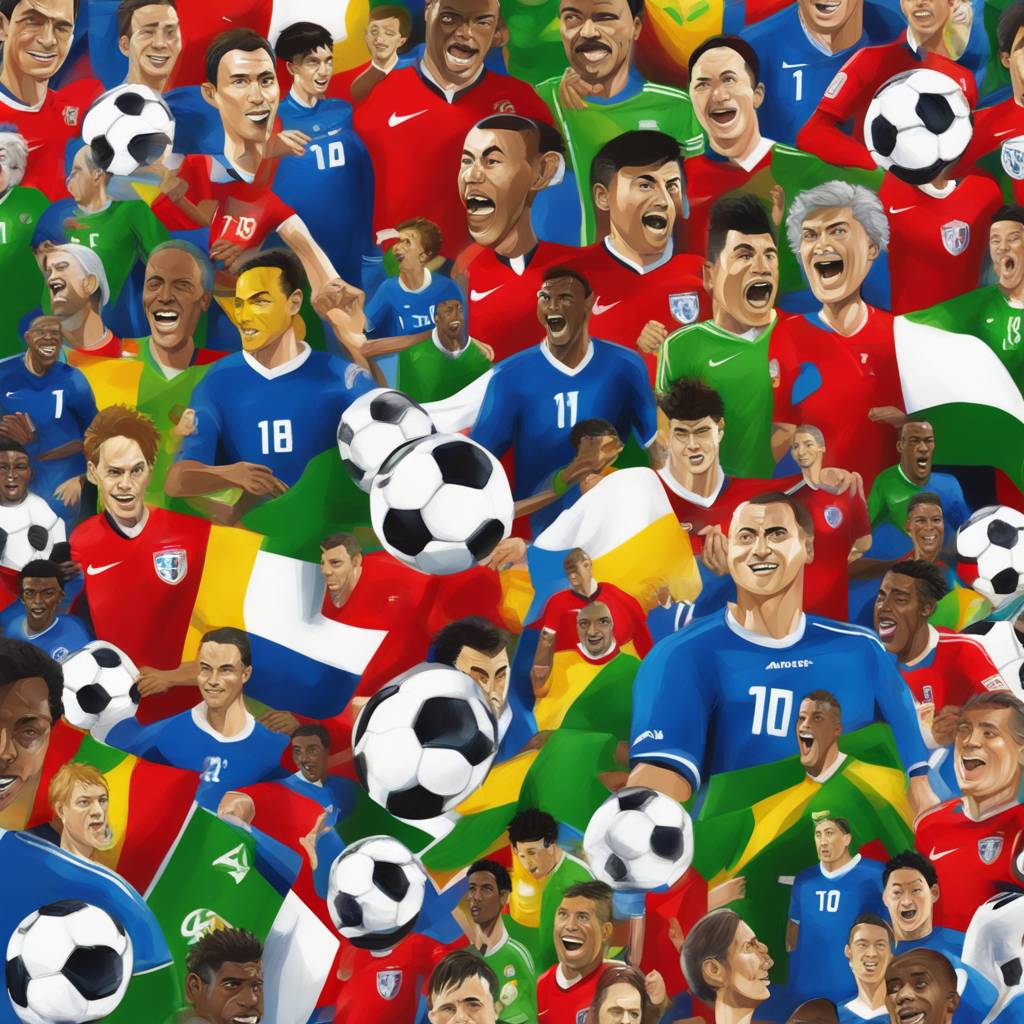Sri Lanka’s men’s soccer team, ranked 204th in the world, secured a historic victory against Bhutan, ranked 184th, with a 2-0 scoreline in front of a home crowd. This win, celebrated as a “famous win” and the team’s “finest moment” by local media, marked the team’s first victory in two-and-a-half years. Meanwhile, in a match in Saudi Arabia, Brunei (ranked 194th) defeated Vanuatu (ranked 170th) in a 3-2 thriller, securing their first win since November 2022, following a 10-0 loss to Hong Kong. In other matches, Andorra (164th) drew with South Africa (58th) in Algeria, while Tanzania beat Mongolia 3-0 in Azerbaijan.
The FIFA Series, a pilot initiative from soccer’s world governing body, hosted friendly matches between 24 nations from different confederations to provide teams not normally playing one another with the opportunity to meet. While successful soccer nations were part of the initiative, smaller countries like Papua New Guinea also participated, drawing 0-0 with Sri Lanka and suffering a 4-0 defeat to Central African Republic. The initiative was praised by Papua New Guinea’s coach Warren Moon as a “brilliant initiative” that could benefit smaller countries like PNG in the future. FIFA has planned to host future editions of the series during every March international match window of even years, emphasizing on increasing the amount of soccer being played.
The growth of soccer tournaments and the increase in the number of games players participate in have been met with scrutiny from some players, with Manchester City’s Kevin De Bruyne describing the Nations League as “just an added tournament” in a 2022 interview. However, new competitions can offer teams the opportunity to face unfamiliar opponents, learn, and improve. This can be particularly beneficial for countries with a less developed soccer culture, limited matches, and heavy defeats. While many smaller nations aspire to play in a World Cup finals, the reality is that it is challenging for all countries to achieve this dream. The FIFA Series pilot demonstrated the value of such initiatives in providing valuable experience to teams.
Soccer’s governing bodies like FIFA and UEFA have been focused on the growth of the sport, with the FIFA World Cup expanding to 48 teams in 2026 and the introduction of the UEFA Nations League in 2018. Despite concerns from players about added games and strain on their bodies, new competitions can offer teams valuable opportunities for growth and development. The FIFA Series, though less publicized compared to high-profile matches between top teams, provided smaller nations with a chance to test themselves against unfamiliar opponents and make progress in their soccer development. The goals by Sri Lanka’s Dillon de Silva and Oliver Kelaart in their victory over Bhutan may not have made international headlines, but for those present at the Racecourse Stadium in Colombo, they will be remembered as historic moments in the country’s soccer history.













